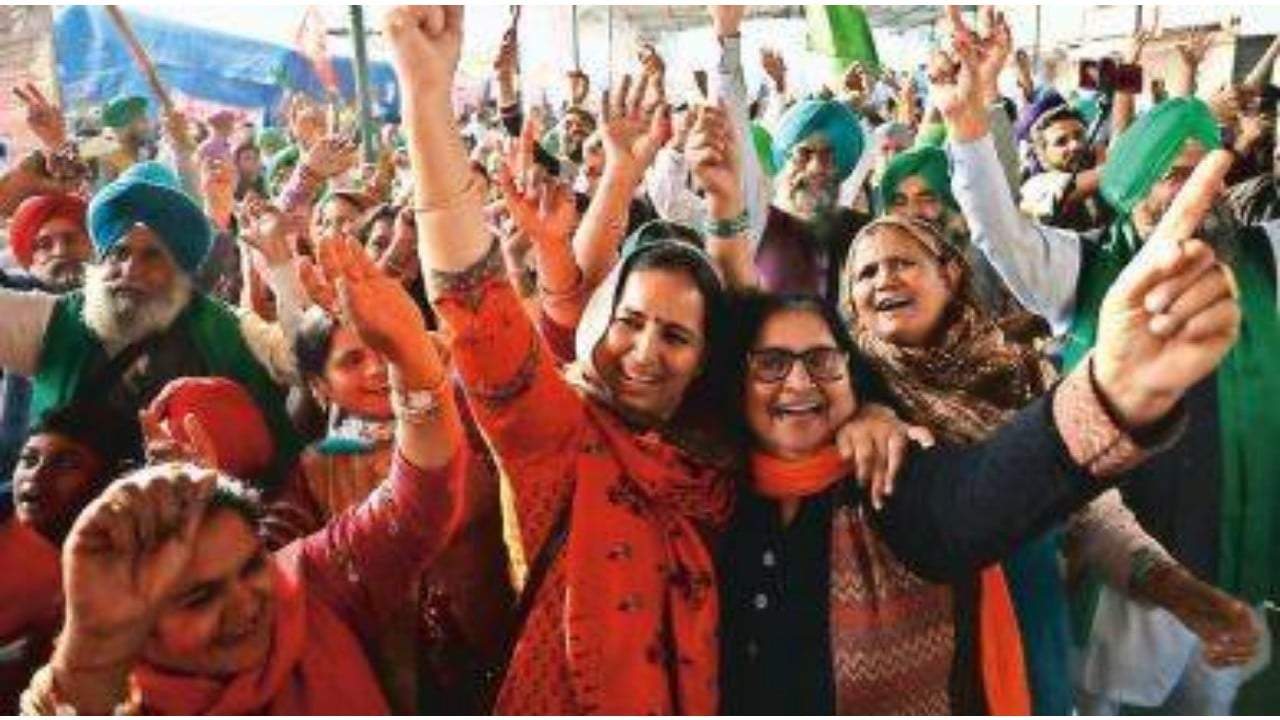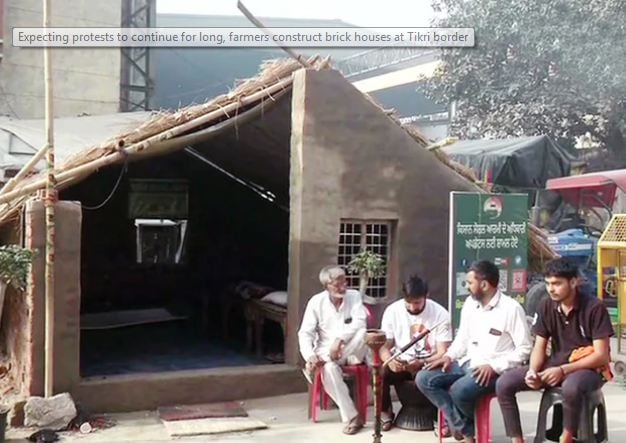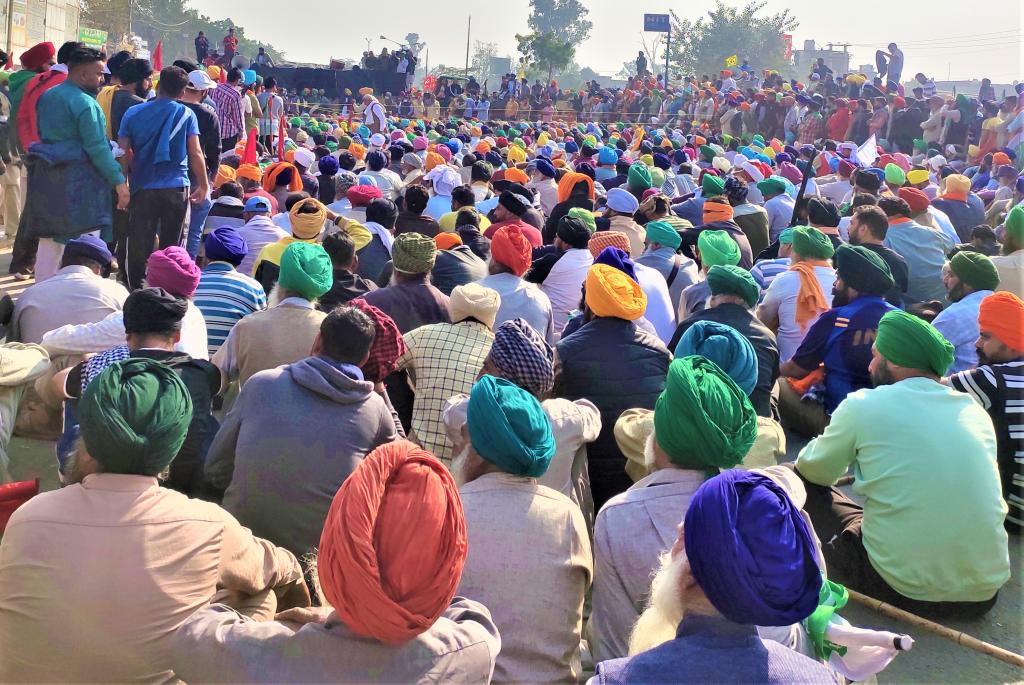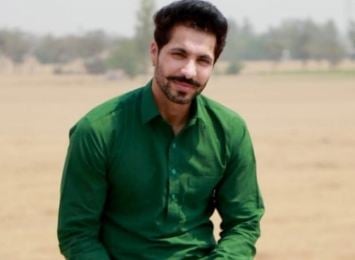India News
India condemns UK lawmaker’s debate over farmers’ protest, says need to set the record straight
The High Commission of India in London has condemned a debate held in British Parliament over safety of farmers and freedom of the press in India amid the ongoing farmers’ agitation against three agricultural laws.
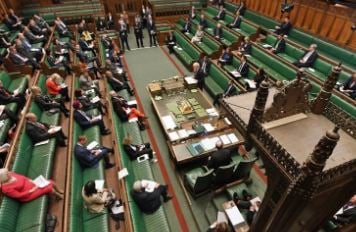
India News
BJP to launch 5,000-km Parivartan Yatra across West Bengal ahead of Assembly elections
India News
BJP alliances in Assam likely to be sealed by March 10
India News
Rohit Pawar alleges big personality link in Ajit Pawar plane crash case
-

 Cricket news8 hours ago
Cricket news8 hours agoT20 World Cup 2026 Super 8 points table after England beat New Zealand by four wickets
-

 India News8 hours ago
India News8 hours agoBJP alliances in Assam likely to be sealed by March 10
-

 India News8 hours ago
India News8 hours agoBJP to launch 5,000-km Parivartan Yatra across West Bengal ahead of Assembly elections
-

 Latest world news8 hours ago
Latest world news8 hours agoTrump declines to intervene as Pakistan-Afghanistan tensions escalate
-

 Latest world news5 hours ago
Latest world news5 hours agoIsrael, US strike Iran as explosions rock Tehran, sirens sound in Tel Aviv
-

 LATEST SPORTS NEWS2 hours ago
LATEST SPORTS NEWS2 hours agoRanji Trophy final highlights: Jammu and Kashmir clinch maiden title after draw with Karnataka



